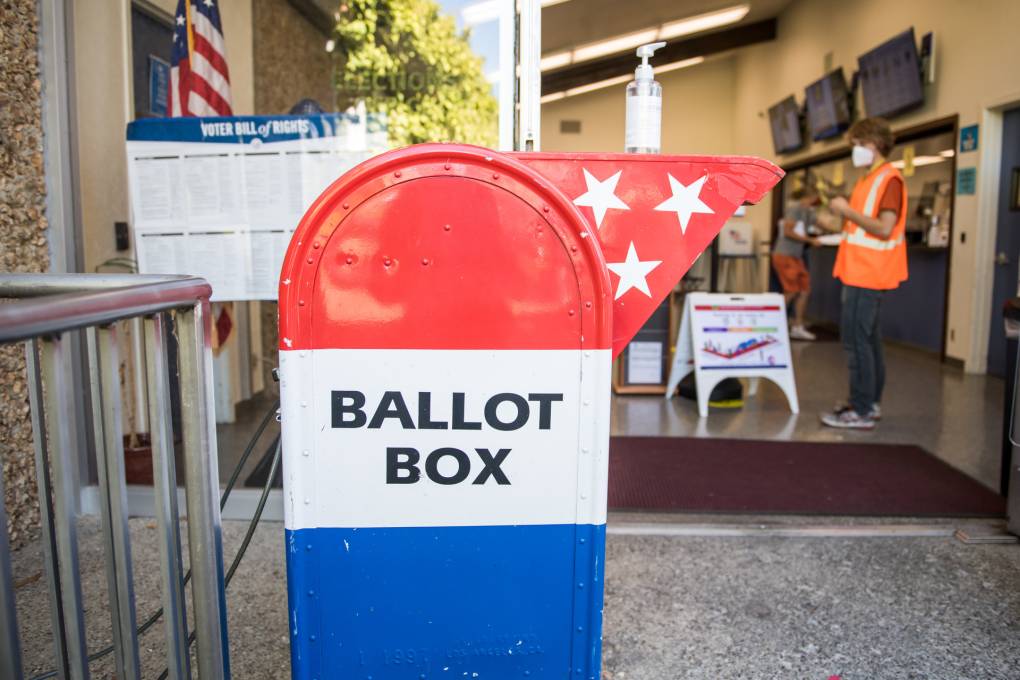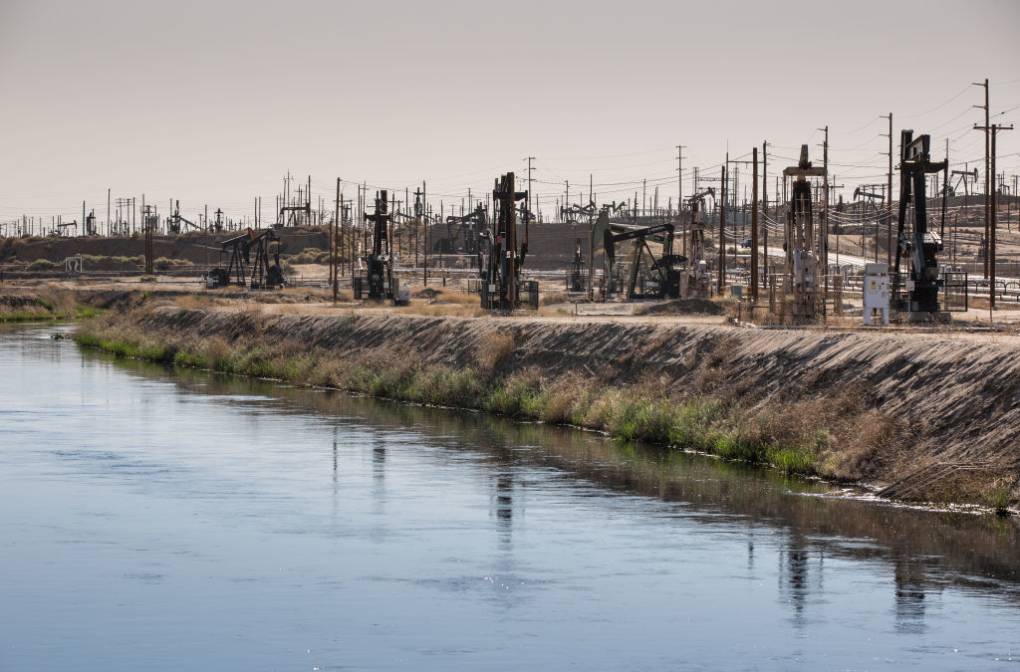State regulators have signaled their willingness to postpone a deadline for oil and gas producers to pay fees and submit plans to manage thousands of unused oil wells after an industry group asked the Newsom administration for help as it deals with the severe drop in petroleum demand due to California’s stay-at-home orders.
Officials have told trade groups representing hundreds of crude oil and natural gas producers as well as some of the nation’s largest fossil fuel companies that they will consider breaks for operators who can show the coronavirus crisis has created a hardship for their businesses.
“I understand that the unprecedented economic impacts associated with the COVID-19 pandemic have caused significant, unanticipated financial constraints on your members,” State Oil and Gas Supervisor Uduak-Joe Ntuk wrote in letters to the groups.



